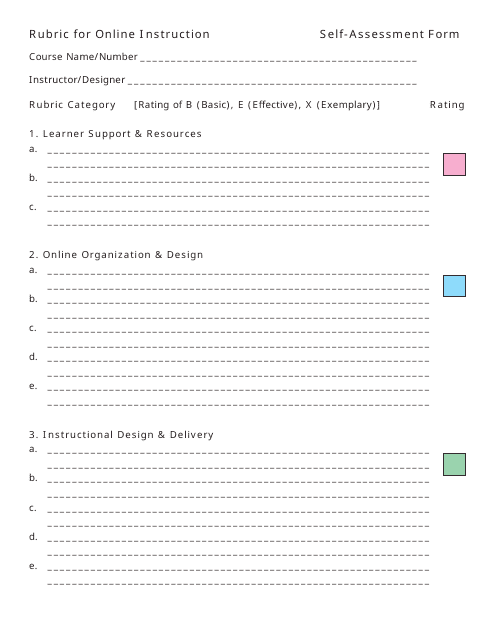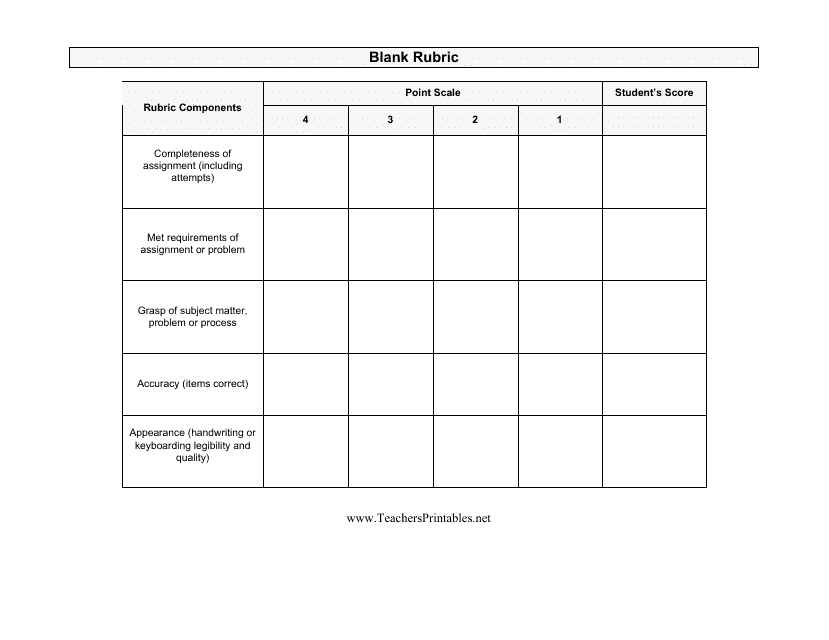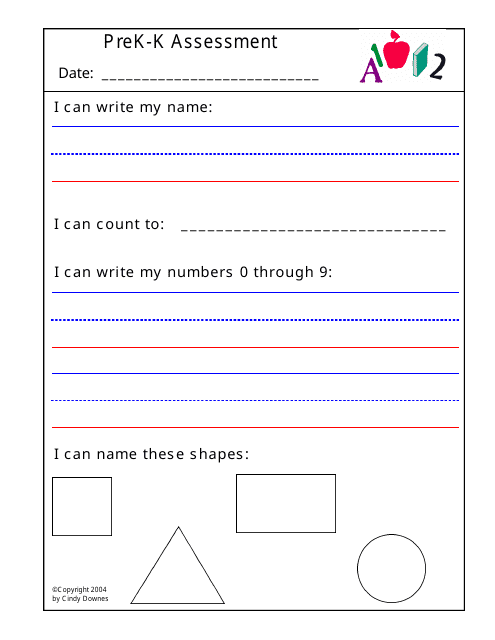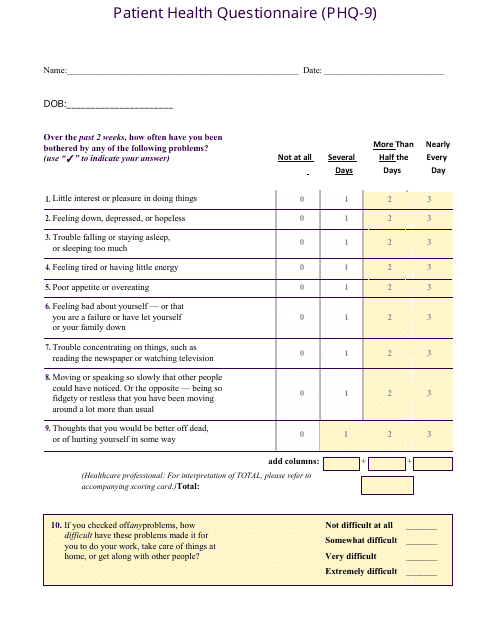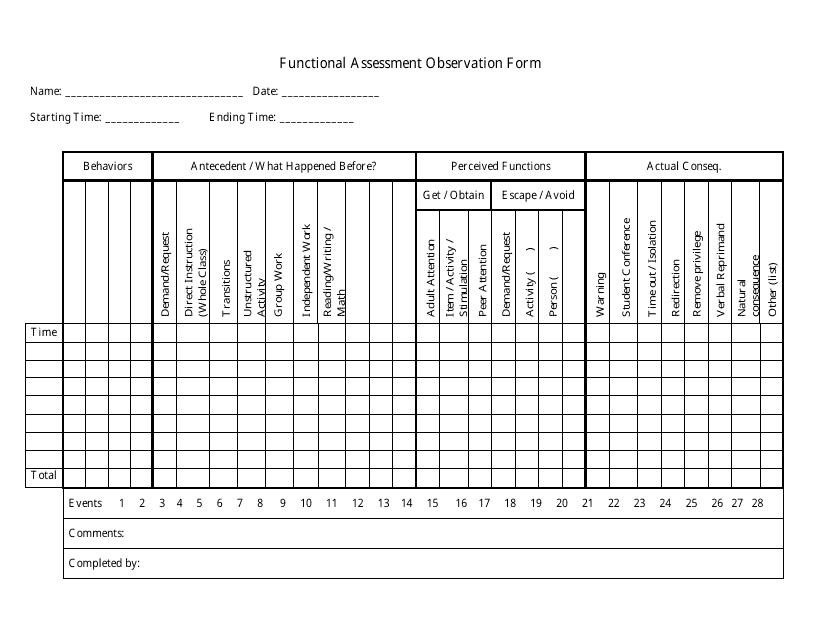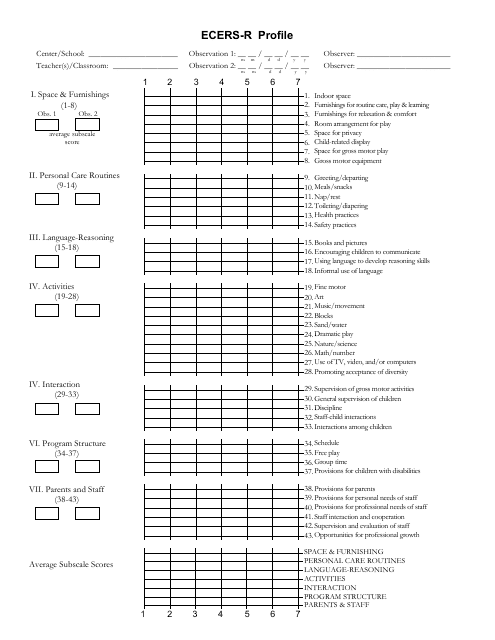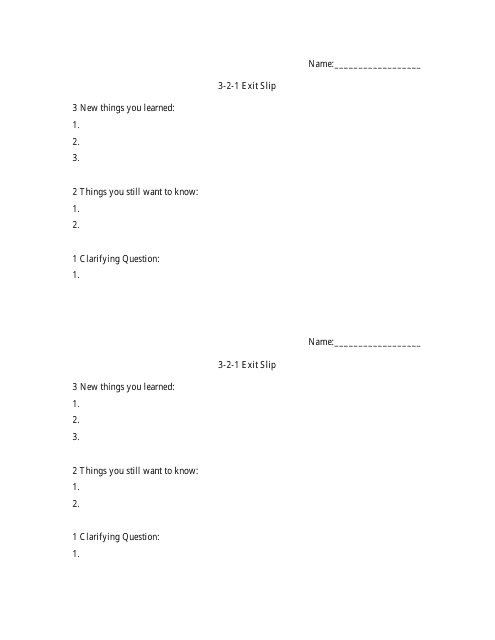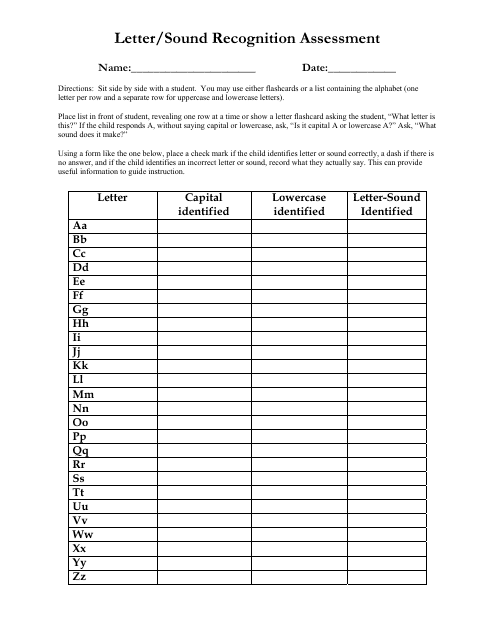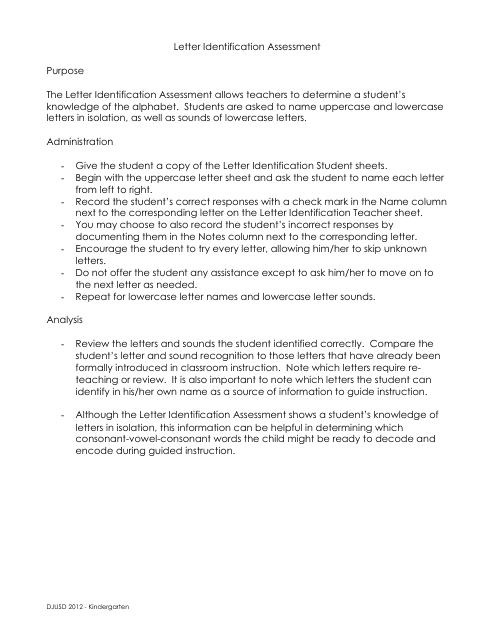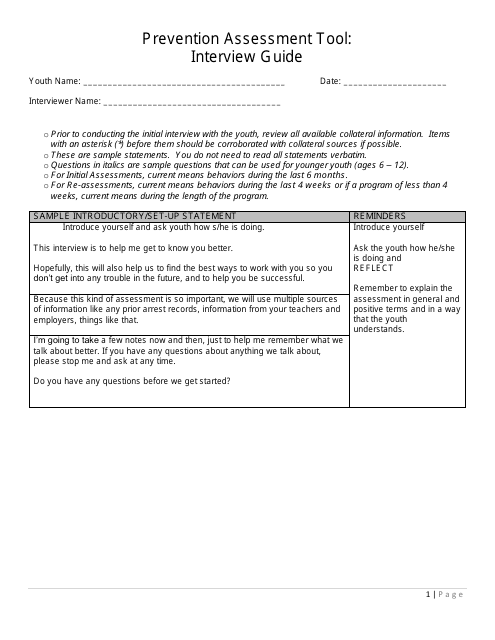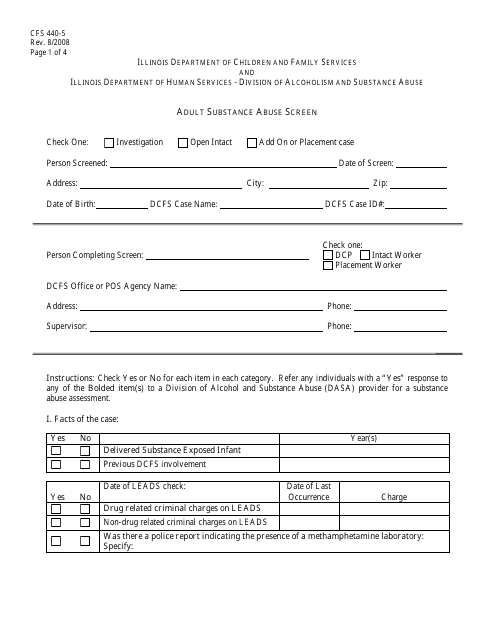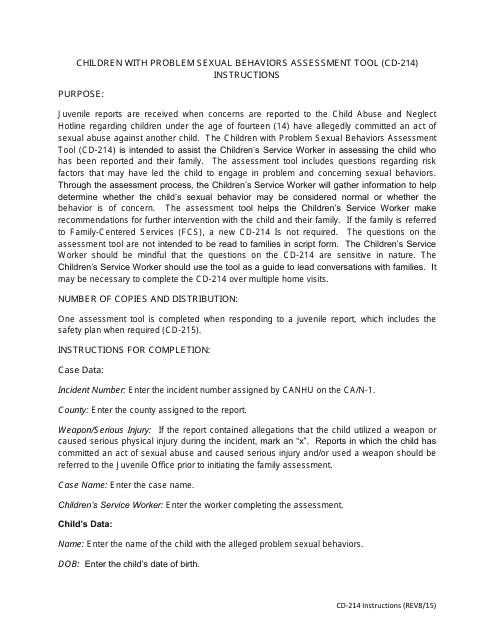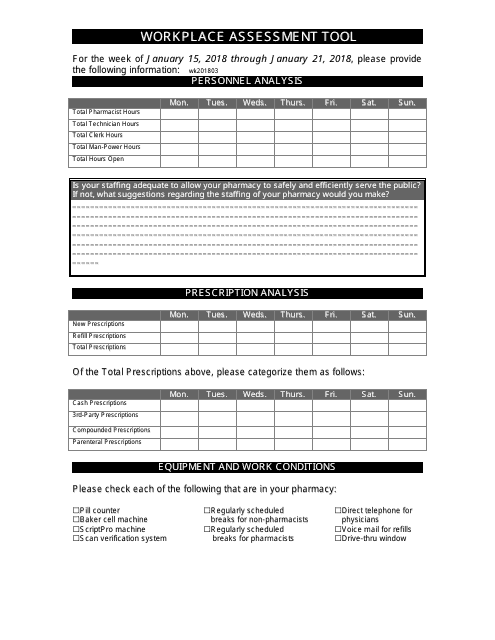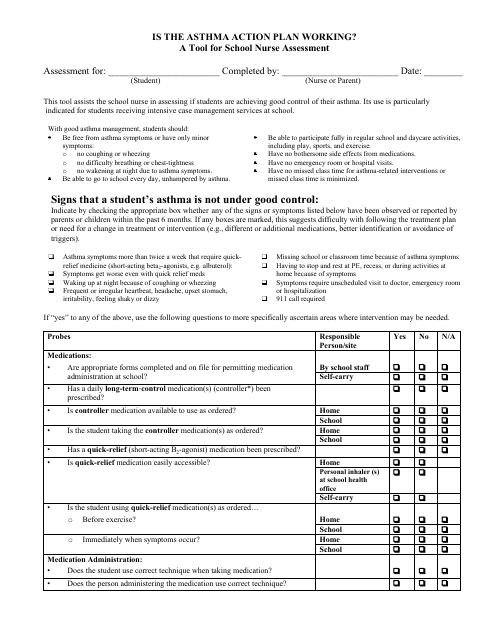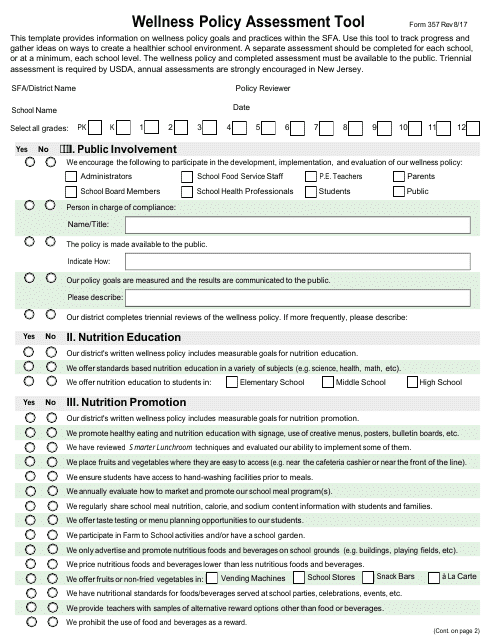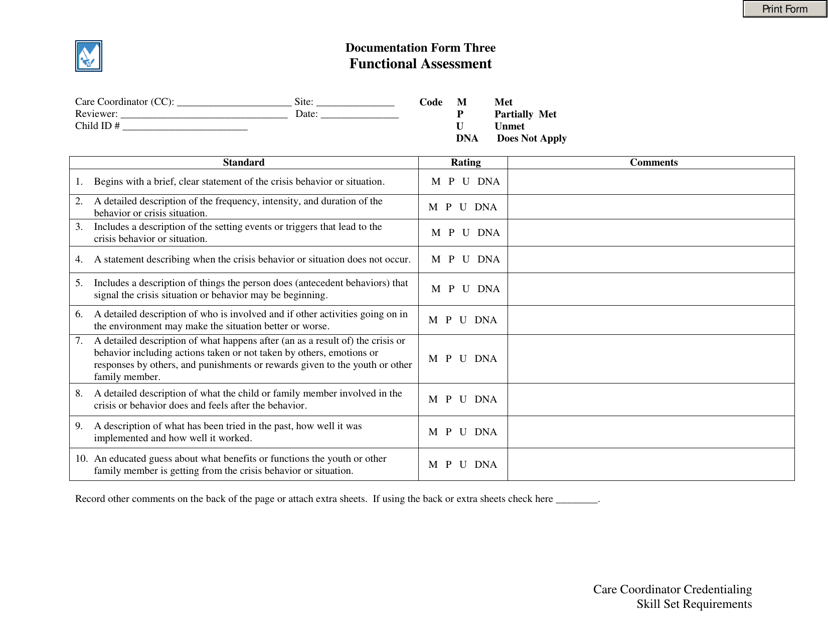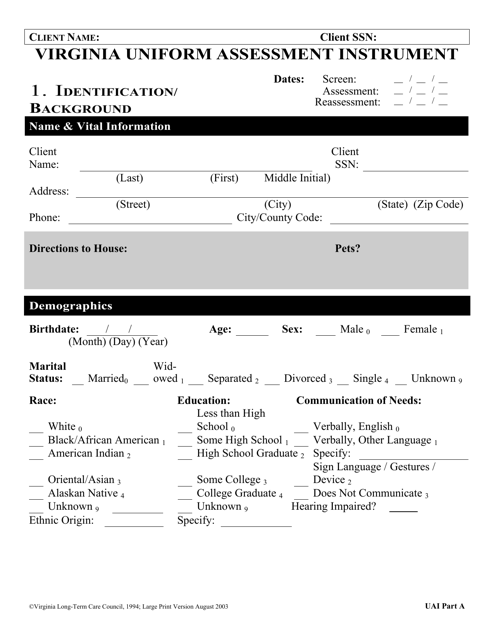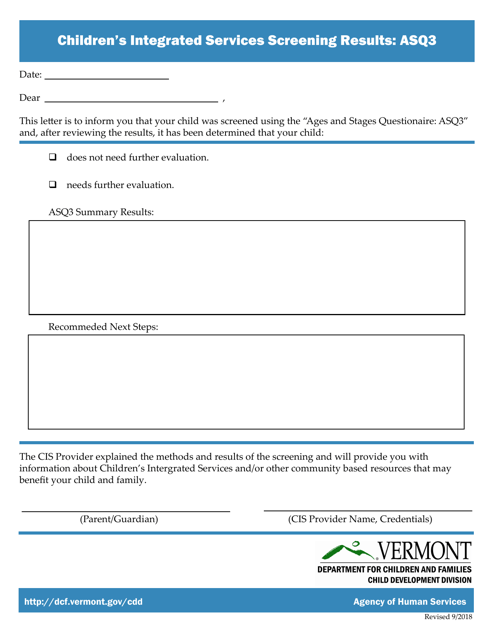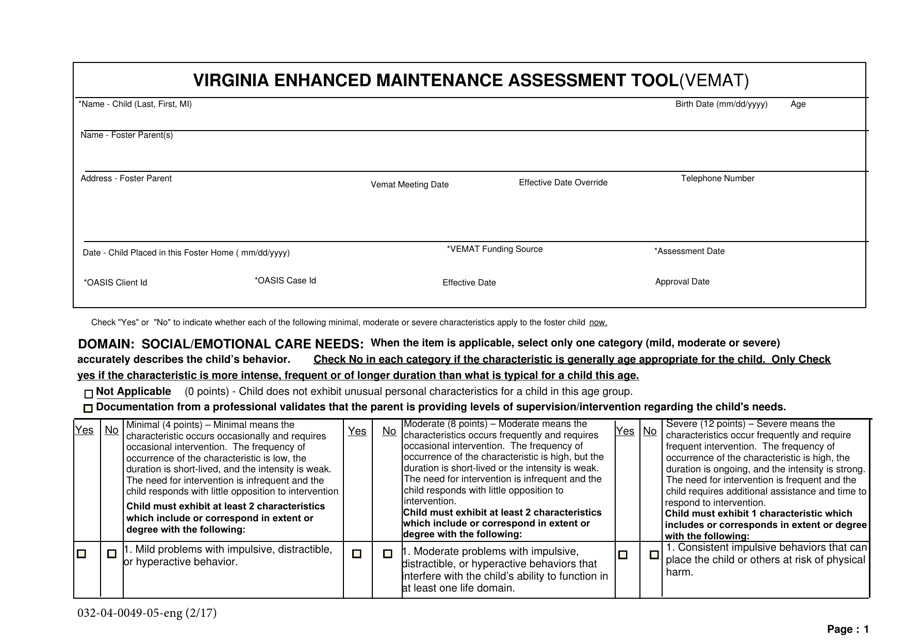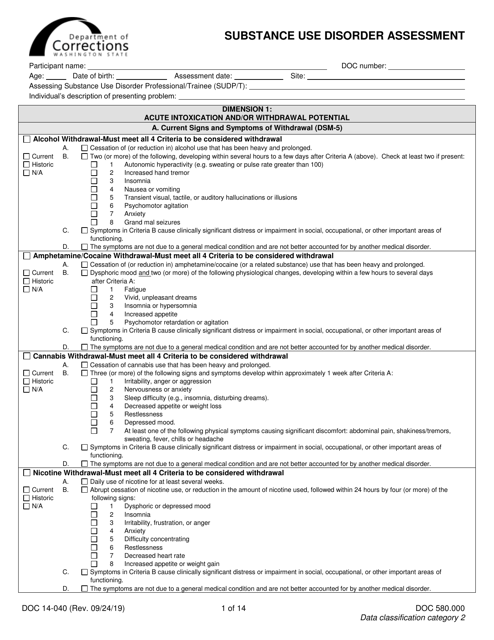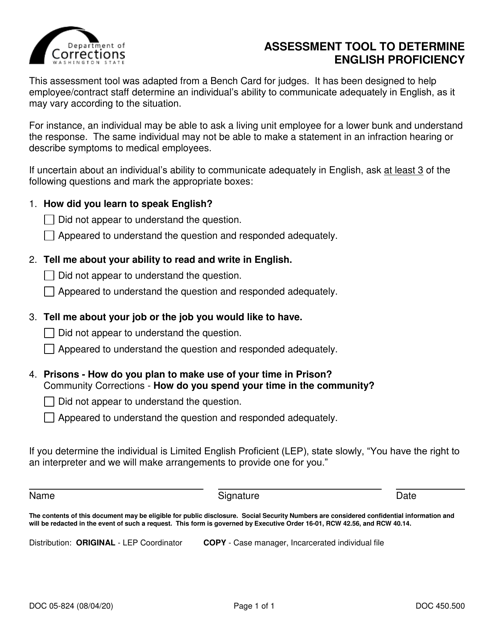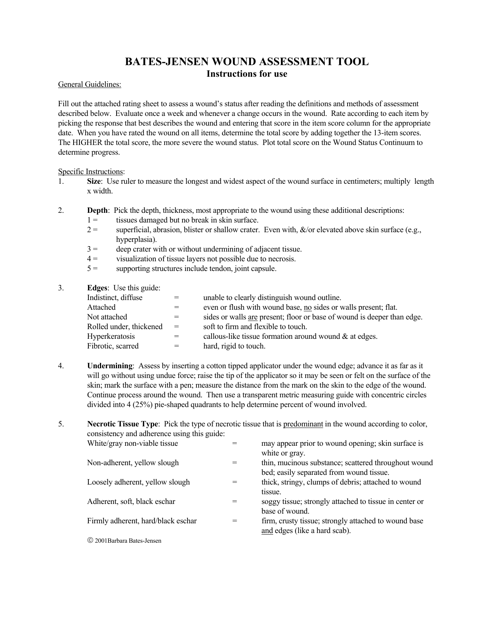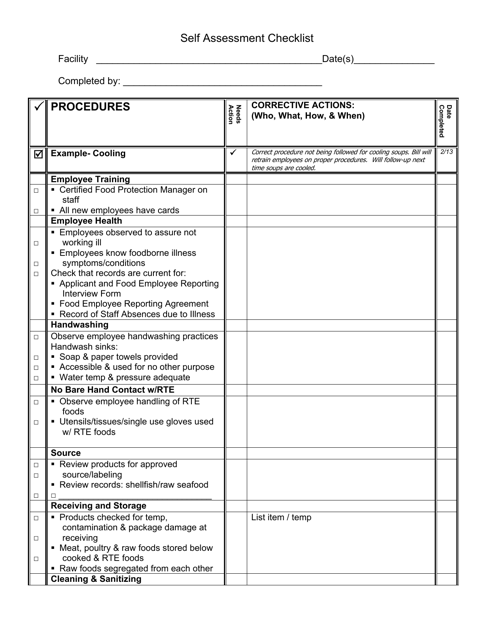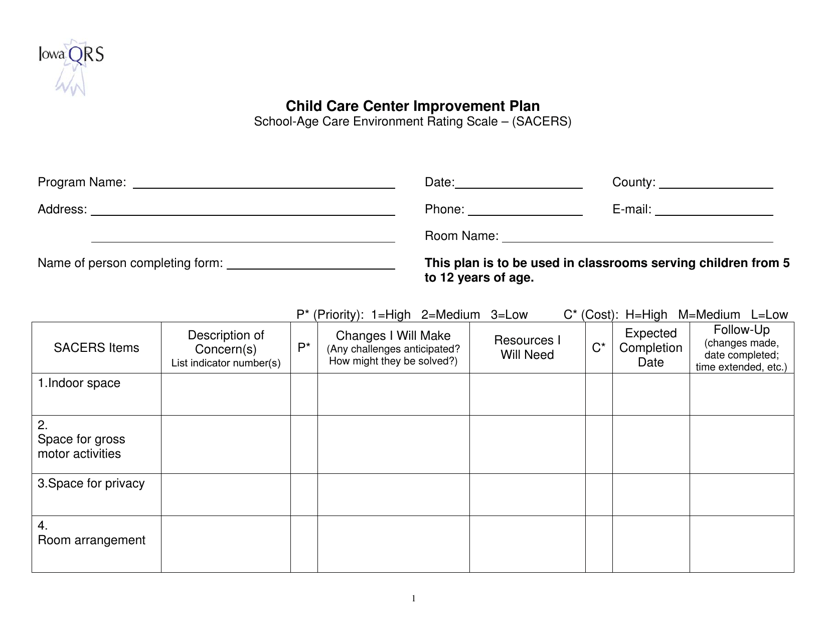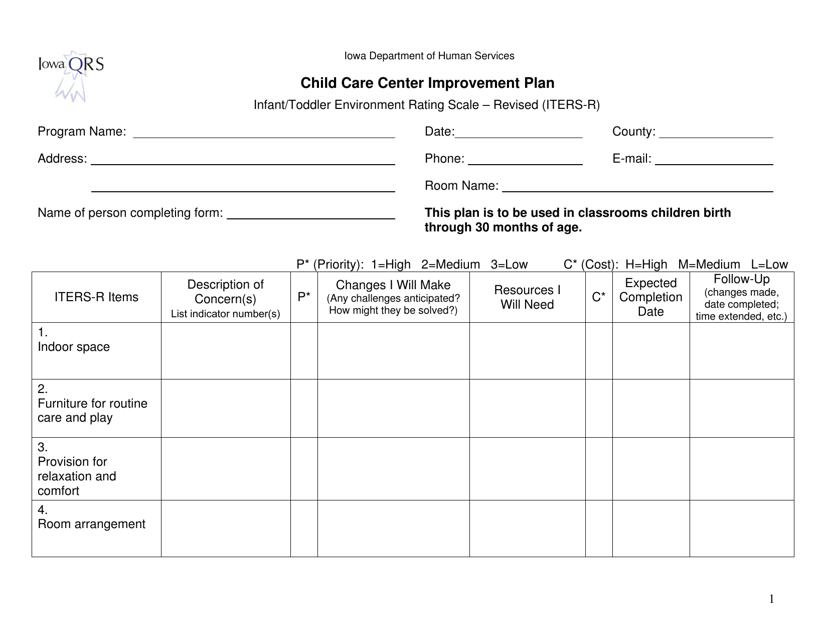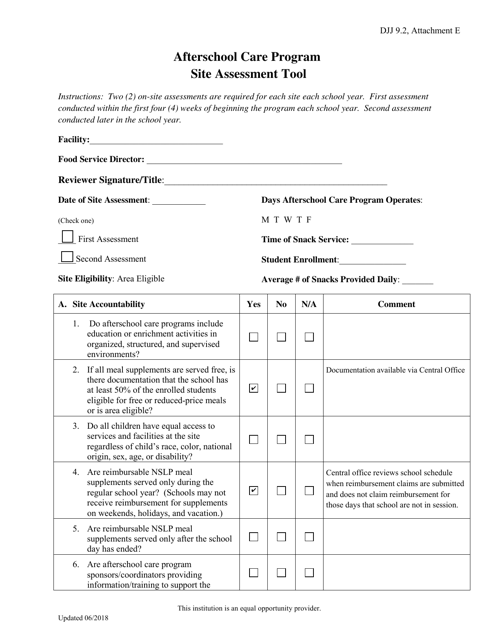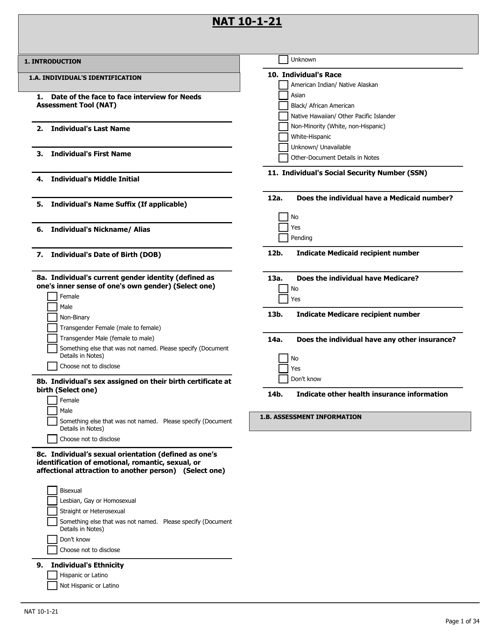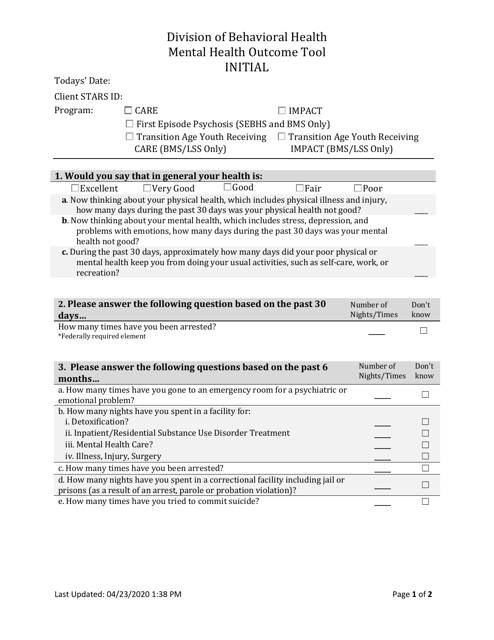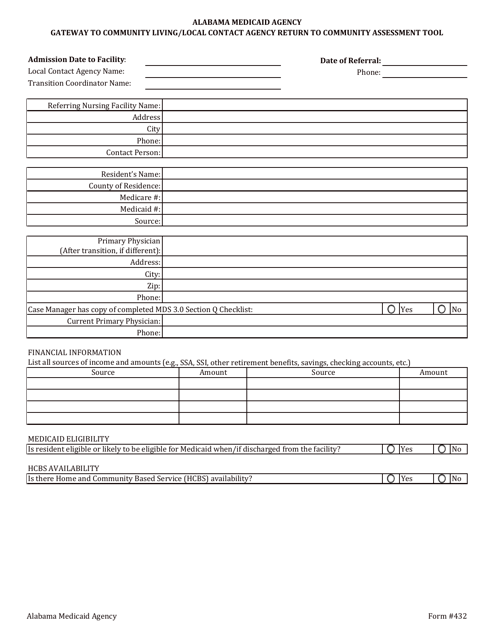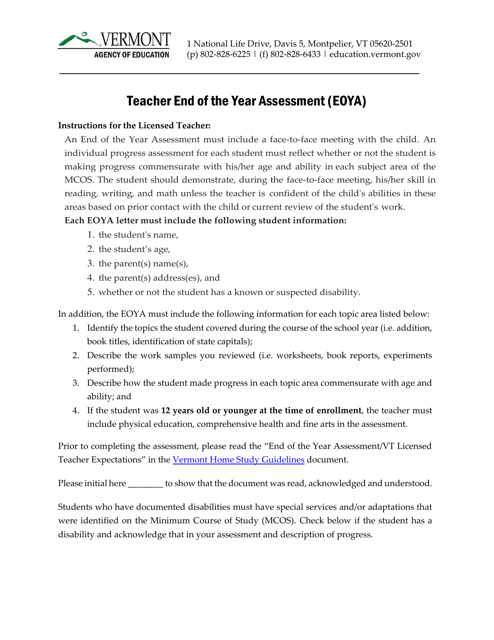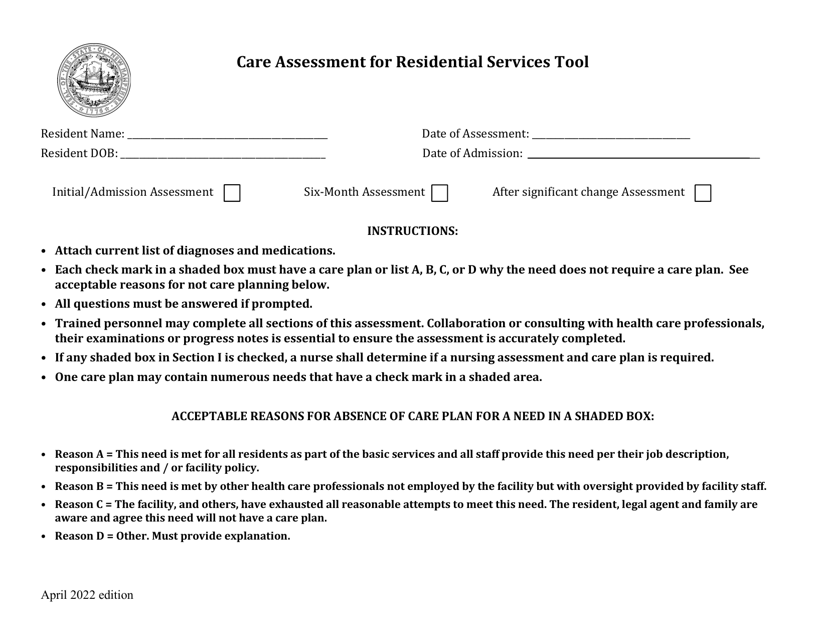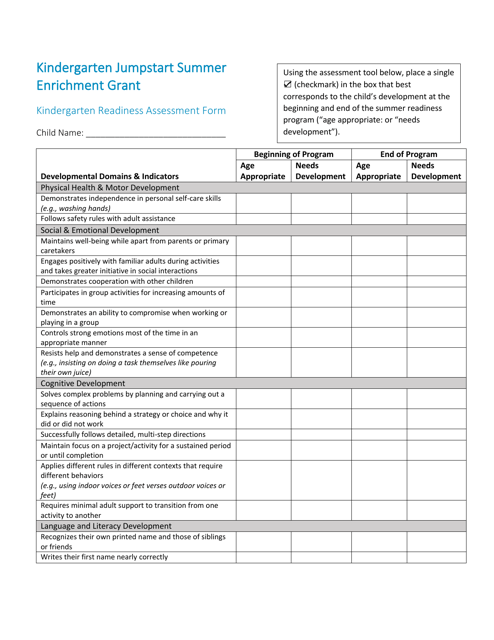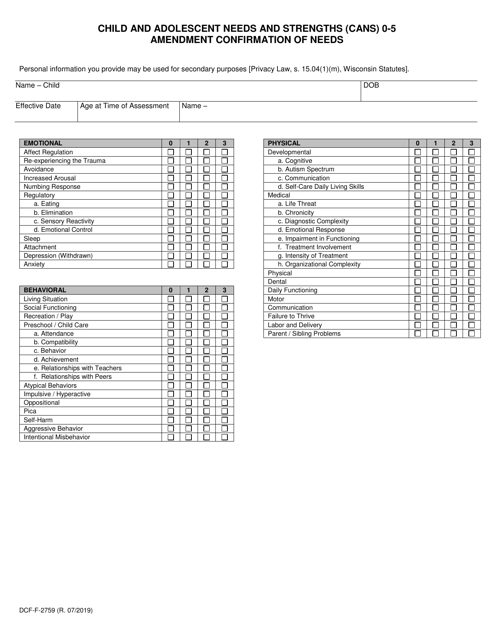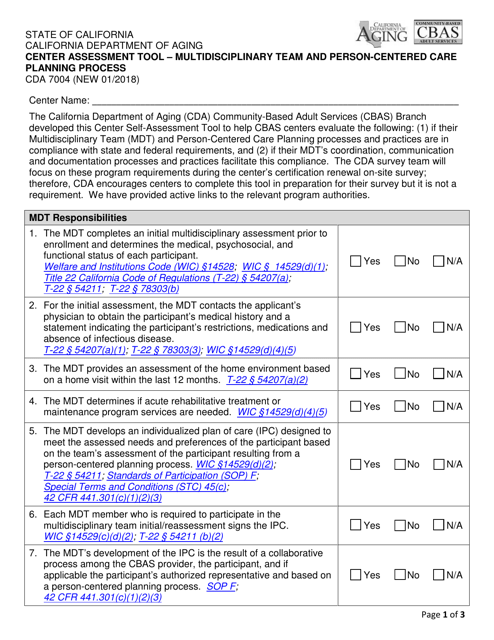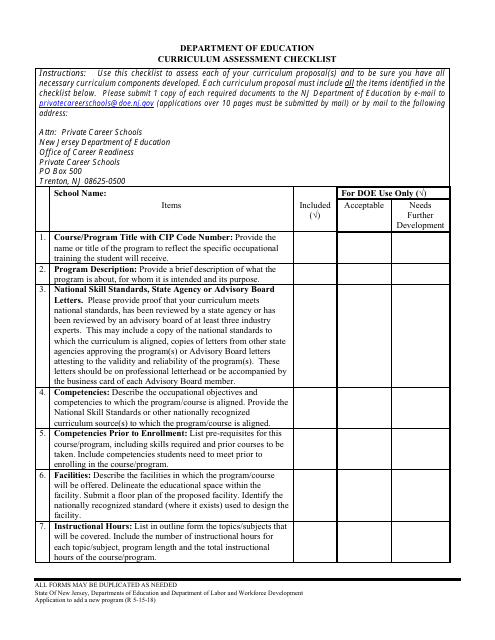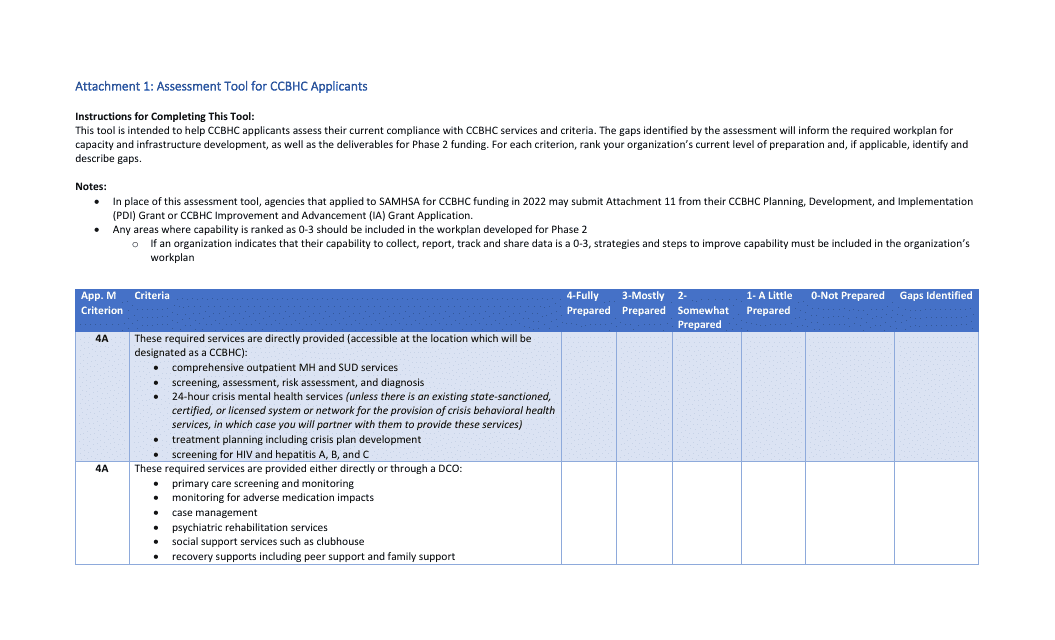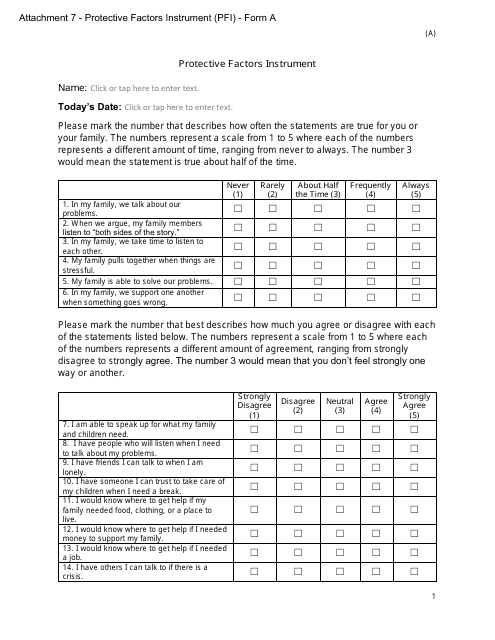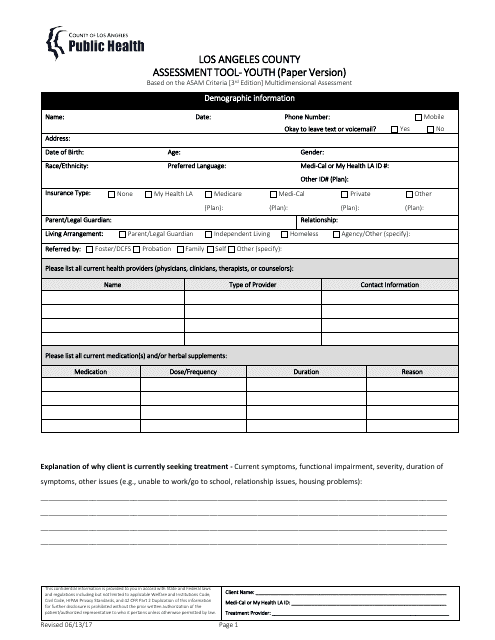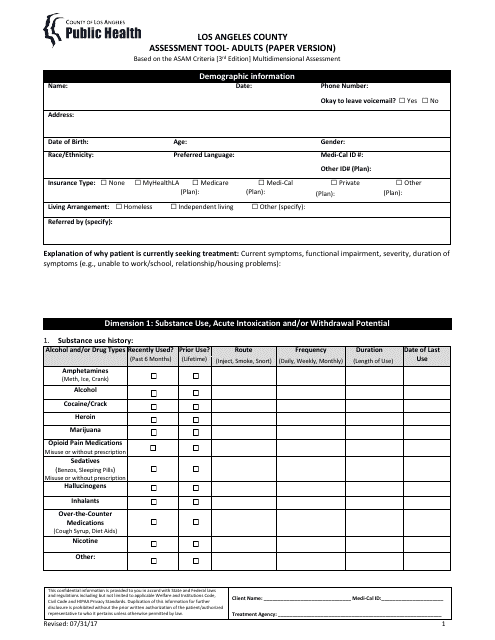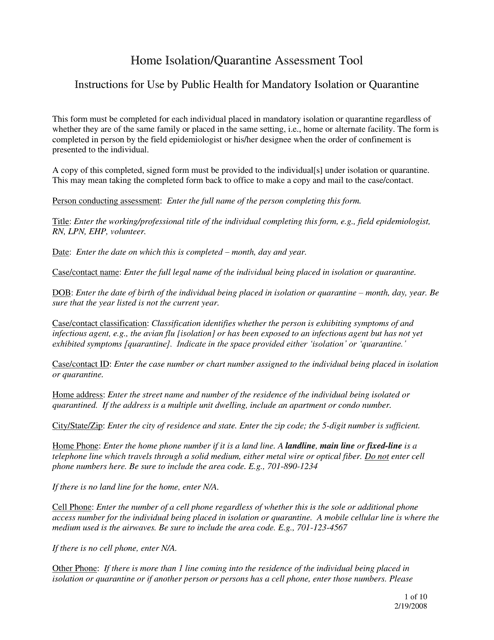Assessment Tools Templates
Assessment Tools: Empowering Effective Decision-Making
In the complex landscape of modern healthcare, assessment tools play a crucial role in facilitating effective decision-making. These versatile instruments provide healthcare professionals with valuable insights into various aspects of patient well-being, enabling them to develop personalized treatment plans and facilitate proactive interventions. Whether it's diagnosing mental health conditions, evaluating prevention strategies, or analyzing individual needs, assessment tools provide a standardized and systematic approach to gathering essential information.
Also known as assessment toolkits or evaluation instruments, these resources are designed to capture a comprehensive picture of a patient's condition, allowing medical professionals to make informed judgments and provide appropriate care. By employing a range of methodologies, including questionnaires, interviews, and observation protocols, assessment tools guide healthcare practitioners in the collection, interpretation, and analysis of critical data.
The breadth and depth of assessment tools available today are staggering, catering to a wide array of needs across different healthcare settings. From the widely recognized Patient Health Questionnaire (PHQ-9), which assesses mental well-being, to the Prevention Assessment Tool (PAT) - Interview Guide in Florida, which helps evaluate prevention programs, these tools empower healthcare professionals with the means to make evidence-based decisions that directly impact patient outcomes.
Assessment tools also actively support government initiatives and programs aimed at improving healthcare services. The Virginia Uniform Assessment Instrument (VUAI), for instance, standardizes the evaluation process for individuals requiring support services. Similarly, the Children's Integrated Services (CIS) ASQ3 Screening Results Form in Vermont aids early intervention efforts to address developmental concerns in children.
With the ever-evolving landscape of healthcare needs, assessment tools adapt accordingly. For example, the Short Assessment of Health Literacy for Spanish Adults (SAHLSA-50) specifically caters to Spanish-speaking individuals, allowing professionals to accurately evaluate health literacy levels within this population.
In summary, assessment tools are invaluable resources that assist healthcare professionals in understanding patient needs, diagnosing conditions, and formulating appropriate treatment plans. By providing a structured approach to information gathering, these tools enable medical practitioners to make data-driven decisions that positively impact patient outcomes and improve the overall quality of care. Harness the power of assessment tools to unlock insights and drive effective decision-making in healthcare.
Documents:
49
This form is used for evaluating online instruction using specific criteria outlined in a rubric. It allows individuals to assess their own performance in delivering online instruction and identify areas for improvement.
This document is a blank template that can be used to create a rubric for assessing and grading student work. It provides a standardized format for evaluating different criteria and assigning scores. Use this template to streamline the grading process and provide clear guidance to students on performance expectations.
This document is a template for a Prek-K (preschool to kindergarten) assessment worksheet. It is designed by Cindy Downes, a professional in early childhood education. Use this template to evaluate the learning progress of young children.
This Form is used for assessing and screening depression symptoms in patients. It consists of nine questions that help healthcare providers determine the level of depression experienced by a patient.
This document is used for observing and assessing the functional abilities of an individual. It helps in understanding their strengths, weaknesses, and areas of improvement.
This document is a template for the Ecers-R Profile, which is used to assess the quality of early childhood education environments.
This document is a template for a 3-2-1 exit slip, which is a form of assessment used by teachers to gauge students' understanding of a lesson. It allows students to reflect on three things they learned, two things they found interesting, and one question they still have.
This document is a template for a Letter/Sound Recognition Assessment Tool. It is used to assess a person's ability to recognize and identify letters and their corresponding sounds.
This document is a template for an assessment that helps identify the letter recognition skills of kindergarten students.
This document is a guide for conducting interviews as part of a prevention assessment tool in Florida. It helps gather information to evaluate prevention programs and determine their effectiveness in addressing various issues.
This form is used for screening adults for substance abuse in the state of Illinois. It helps identify individuals who may be in need of treatment or intervention for substance abuse issues.
This form is used for assessing and documenting problem sexual behaviors in children. It is specific to the state of Missouri and provides instructions on how to complete the assessment tool.
This Form is used for conducting a workplace assessment in Nevada during the month of July.
This document is a tool used by school nurses in New Mexico to assess students with asthma.
This form is used for assessing wellness policies in New Jersey schools. It helps ensure that schools have effective programs in place to promote student health and well-being.
This type of document is used for conducting a functional assessment in the state of Oklahoma.
This Form is used for reporting the screening results of the Ages and Stages Questionnaire (ASQ-3) for children receiving Children's Integrated Services in Vermont.
This form is used for the Virginia Enhanced Maintenance Assessment Tool (VEMAT) in Virginia. It helps assess the maintenance needs of a property.
This form is used for conducting a Substance Use Disorder Assessment in the state of Washington. It is necessary for individuals seeking treatment for substance abuse to provide accurate information about their history and current situation. The assessment helps professionals determine the appropriate level of care and treatment options for each individual.
This Form is used to assess English proficiency in the state of Washington. It helps determine an individual's level of English language skills.
This document is used for assessing the severity and progress of wounds in patients. The Bates-Jensen Wound Assessment Tool helps healthcare professionals determine the appropriate treatment and track the healing process.
This document is a self-assessment checklist specifically designed for individuals in Alaska. It helps individuals assess their own knowledge, skills, or compliance with certain regulations or requirements in Alaska.
This document is the School-Age Care Environment Rating Scale (SACERS) used in Iowa. It is used to evaluate the quality of school-age care environments based on certain criteria.
This document is a rating scale used to assess the environment for infants and toddlers in Iowa. It helps evaluate the quality of care provided in childcare settings.
This form is used for assessing the suitability of a site for an afterschool care program in Georgia. It helps ensure that the selected site meets the necessary criteria for providing a safe and engaging environment for children.
This document is a needs assessment tool used in Pennsylvania to evaluate various needs and determine areas that require attention or improvement. It helps in identifying priority areas and developing strategies to address them effectively.
This type of document is used for assessing and documenting the initial outcomes of adult mental health services in South Dakota.
This form is used for the assessment of individuals with disabilities in Alabama who are seeking community living services. It helps determine the level of support and services needed for them to transition back into the community.
This document is used for assessing teachers' performance at the end of the school year in the state of Vermont.
This document is a tool used for assessing the care needs of individuals in residential services in the state of New Hampshire. It helps determine the level of care and support needed for individuals in these settings.
This form is used for assessing the readiness of children entering kindergarten in Rhode Island. It is part of the Kindergarten Jumpstart Summer Enrichment Grant program.
This form is used for confirming the needs and strengths assessment for children and adolescents aged 0-5 in Wisconsin.
This Form is used for assessing the multidisciplinary team and person-centered care planning process in California.
This document supports educators in evaluating curriculum alignment and effectiveness in New Jersey schools. It provides a checklist to assess various aspects of the curriculum, ensuring it meets state standards and educational goals.
This document is an assessment tool used by Rhode Island for Certified Community Behavioral Health Clinic (CCBHC) applicants.
This document is a form used in New York to assess protective factors.
This document is an assessment tool used by the County of Los Angeles in California to evaluate the needs and progress of youth.
This document is an assessment tool used by the County of Los Angeles, California to evaluate adults. It is in paper format.
This document is a Home Isolation/Quarantine Assessment Tool specific to the state of North Dakota. It is used to assess whether individuals should be subject to home isolation or quarantine measures during the COVID-19 pandemic.

